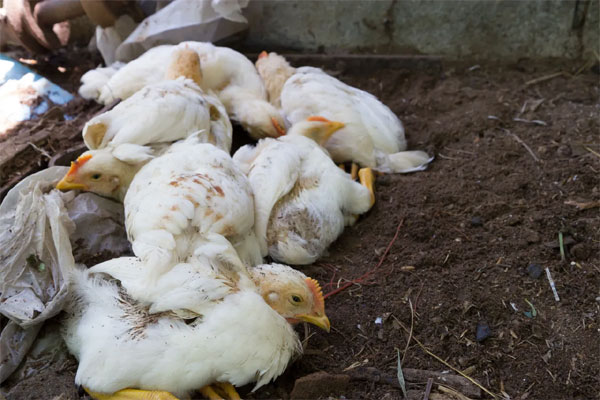Daijiworld Media Network - Tokyo
Tokyo, Nov 4: Authorities in Japan have confirmed a new outbreak of highly pathogenic avian influenza (HPAI) at a poultry farm in Tainai city, Niigata Prefecture, marking the country’s third reported case of bird flu this season.
The Niigata prefectural government said that around 630,000 egg-laying hens at the affected farm will be culled to prevent the spread of the virus. The alarm was raised on Monday after farm workers reported unusual bird deaths and abnormal behavior among the flock.
Preliminary testing detected the presence of avian influenza, and further genetic analysis later confirmed it as a case of highly pathogenic bird flu.

This latest outbreak follows earlier detections in Hokkaido Prefecture, where infections were confirmed in Shiraoi town on October 22 and Eniwa city on Sunday, according to reports from the Xinhua news agency.
Experts warn that HPAI is a highly contagious viral disease with serious consequences for both animal and human health. The virus can cause severe illness and high mortality in domestic and wild bird populations and has zoonotic potential, meaning it can occasionally infect mammals — including cats, cattle, foxes, and seals — as well as humans who come into close contact with infected birds or contaminated environments.
The outbreak poses significant challenges to Japan’s poultry industry, as containment measures such as mass culling, farm quarantines, and transport restrictions often lead to economic losses, supply disruptions, and even egg shortages.
Globally, ongoing H5 avian influenza outbreaks have already caused the deaths of millions of birds, threatening biodiversity and disrupting trade in poultry products. Health officials and scientists continue to stress the urgent need for stronger surveillance and biosecurity measures to prevent further spread — and to curb the risk of viral mutations that could trigger a potential global pandemic.